20 Emotional Skills Every Child Needs
Every child must learn and develop these emotional skills to self-regulate, socialize, and positively adapt to the changes life brings.
- Sophia Zapanta
- 4 min read
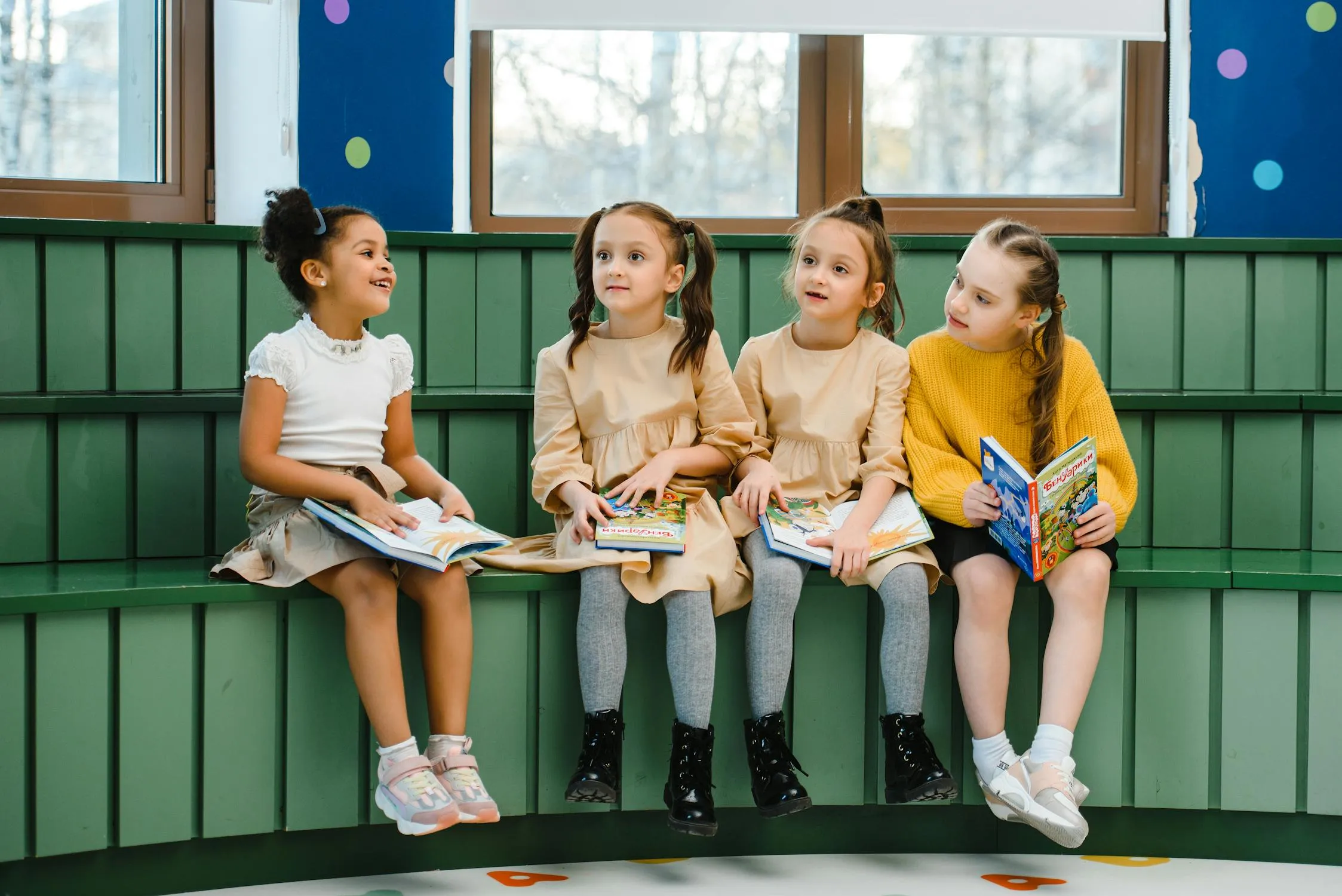
Emotional skills are at the core of every child’s nurture and growth. They help children face daily trials and interact with people around them. If your children exhibit these 20 skills, they will become strong, caring, and emotionally healthy individuals.
1. Naming Their Feelings
 Anastasia Shuraeva on Pexels
Anastasia Shuraeva on Pexels
Kids must be taught feelings and how to identify sorrow, happiness, and anger. When they learn to say *“I feel…” *they understand themselves better.
2. Talking About Emotions
 Cttonbro Studio on Pexels
Cttonbro Studio on Pexels
Kids should be able to express their emotions without fear of judgment. They must do so for others to understand and support them.
3. Calming Down When Angry
 Ron Lach on Pexels
Ron Lach on Pexels
Kids also need to learn to cool their temper when they’re mad. Simple techniques like focusing on taking a few deep breaths or counting to 10 can reduce their agitations and restore the feeling of control.
4. Caring About How Others Feel
 Yan Krukau on Pexels
Yan Krukau on Pexels
Psychologists say this ability enhances socialization as it helps children form strong relationships with their peers. It also guides them to be compassionate, listen to others, and understand their pain.
5. Owning Up to Mistakes
 RDNE Stock project on Pexels
RDNE Stock project on Pexels
Teaching your kids that it’s okay to say, *“I made a mistake,” *helps them appreciate the importance of owning one’s actions. This elicits commitment and shows a desire to make things right.
6. Handling Disappointment
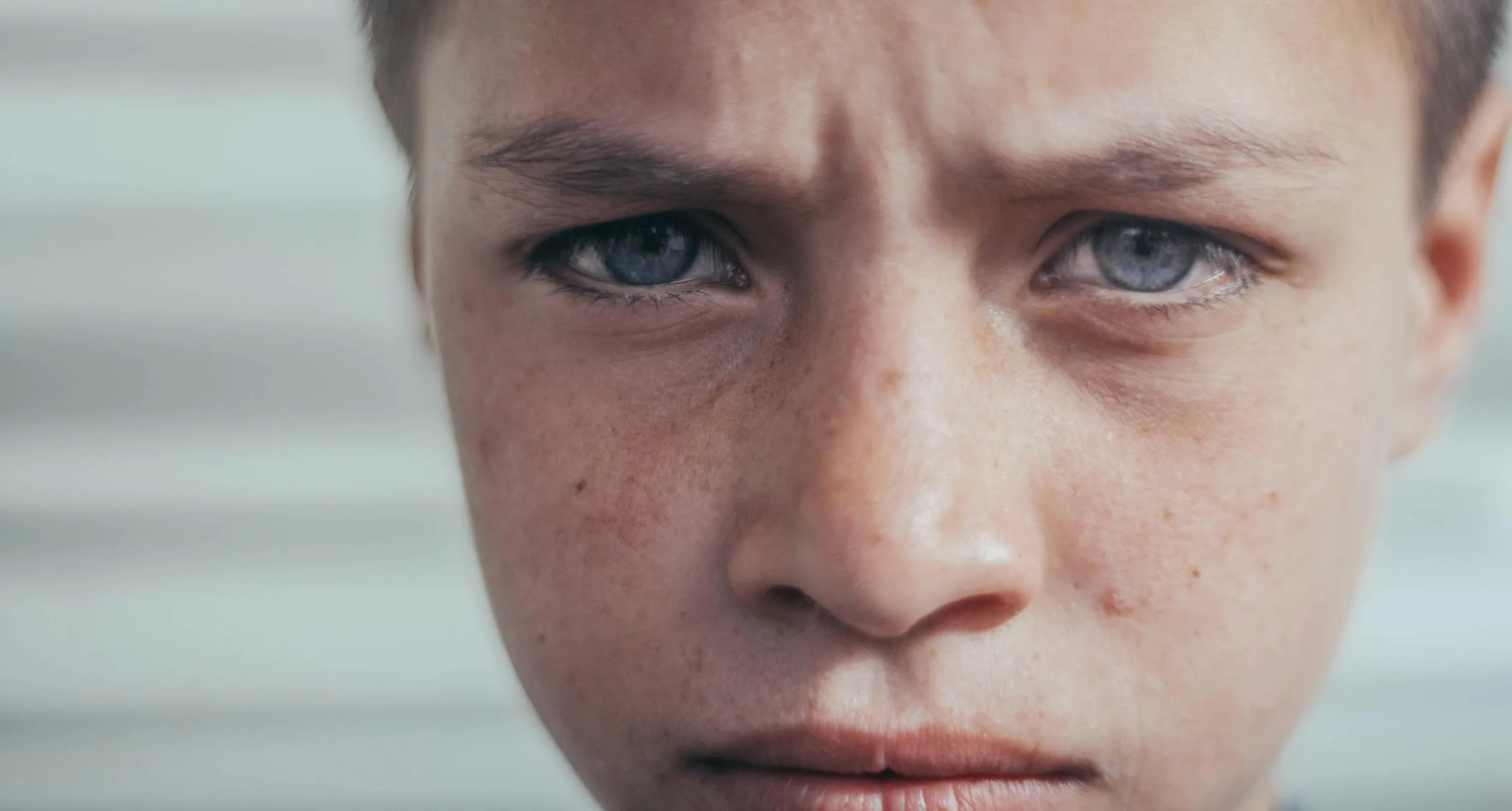 Aa Dil on Pexels
Aa Dil on Pexels
Sometimes, things don’t turn out as one had wished, and that’s okay. Learning how to recover from disappointing situations helps children find new ways to move forward.
7. Saying “I’m Sorry”
 Suzy Hazelwood on Pexels
Suzy Hazelwood on Pexels
Children who don’t shy away from apologizing after offending someone demonstrate growth and the ability to care about others. This is an essential aspect of relationship development in children as it indicates concern.
8. Understanding Boundaries
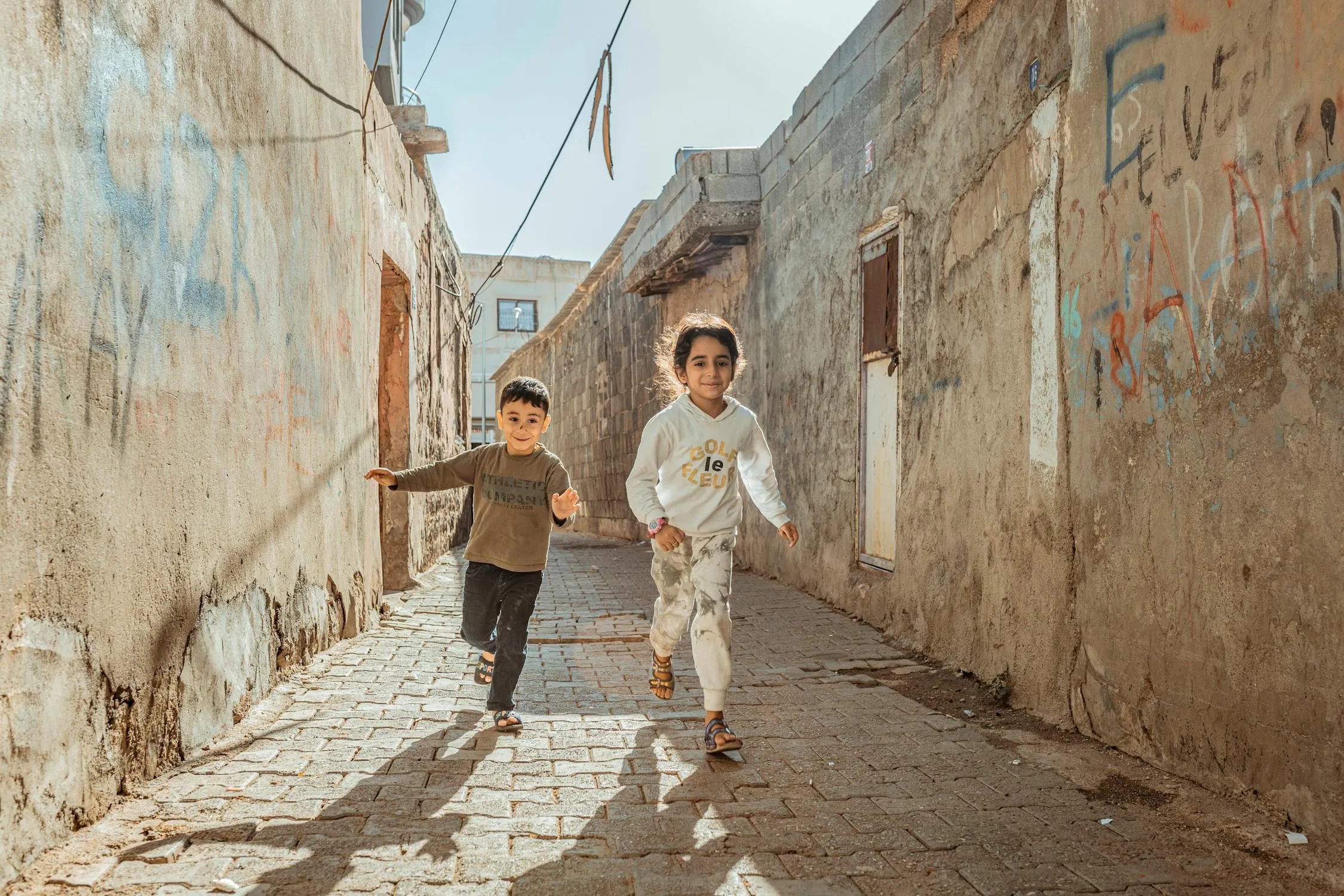 Mehmet Karaca on Pexels
Mehmet Karaca on Pexels
Children should understand what feels right and what doesn’t when setting boundaries. This helps them feel safe and respect other people’s space, too.
9. Practicing Patience
 Anna Shvets on Pexels
Anna Shvets on Pexels
Waiting isn’t easy, but it’s a virtue that enables several benefits, such as frustration management, to children. Be it waiting for their turn or a goal to be achieved, patience instills self-discipline.
10. Asking for Help When Needed
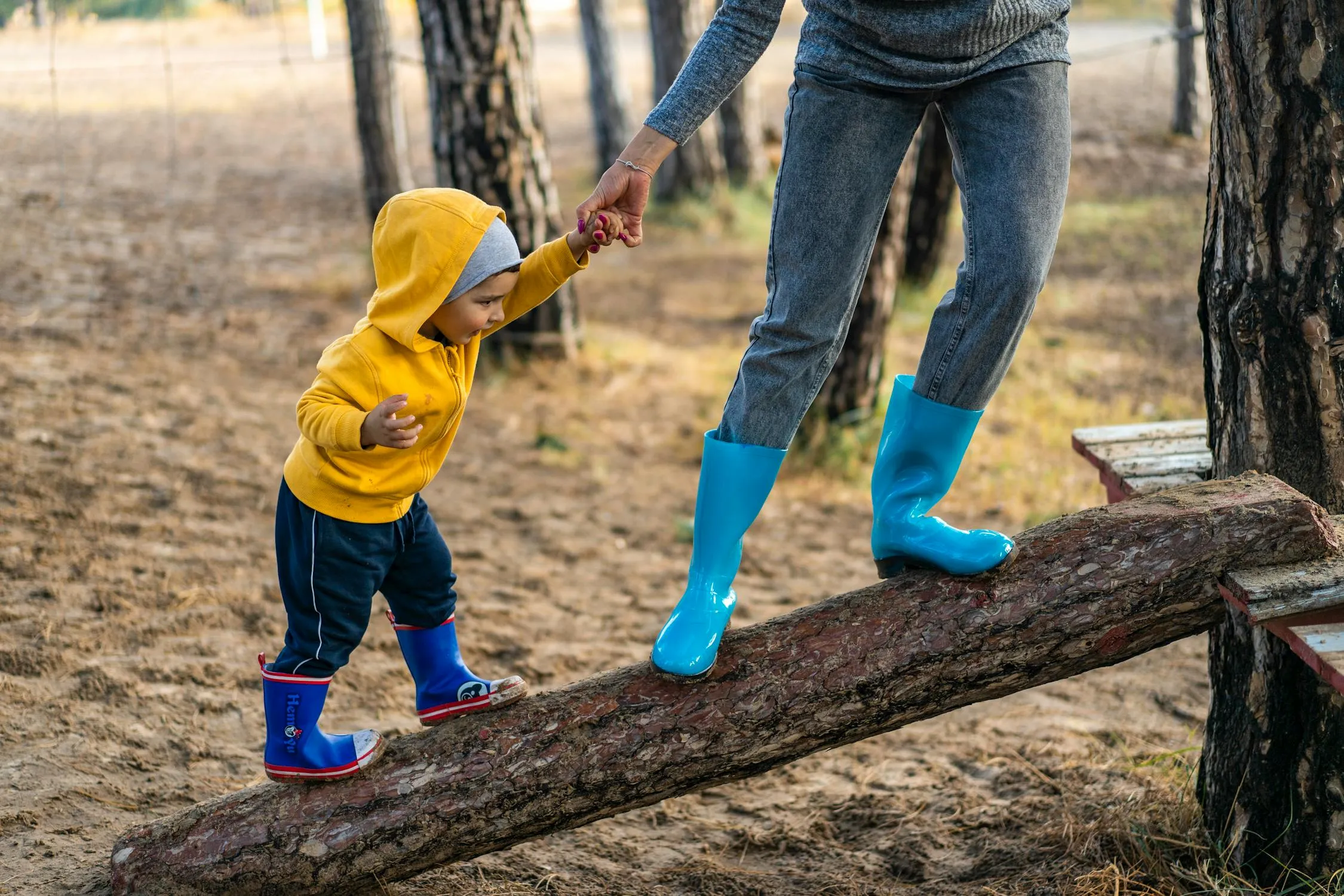 Oleksandr P on Pexels
Oleksandr P on Pexels
Children should also be allowed to ask for help instead of dealing with problems alone. This would reflect their awareness that not everybody has to be right all the time.
11. Resisting Peer Pressure
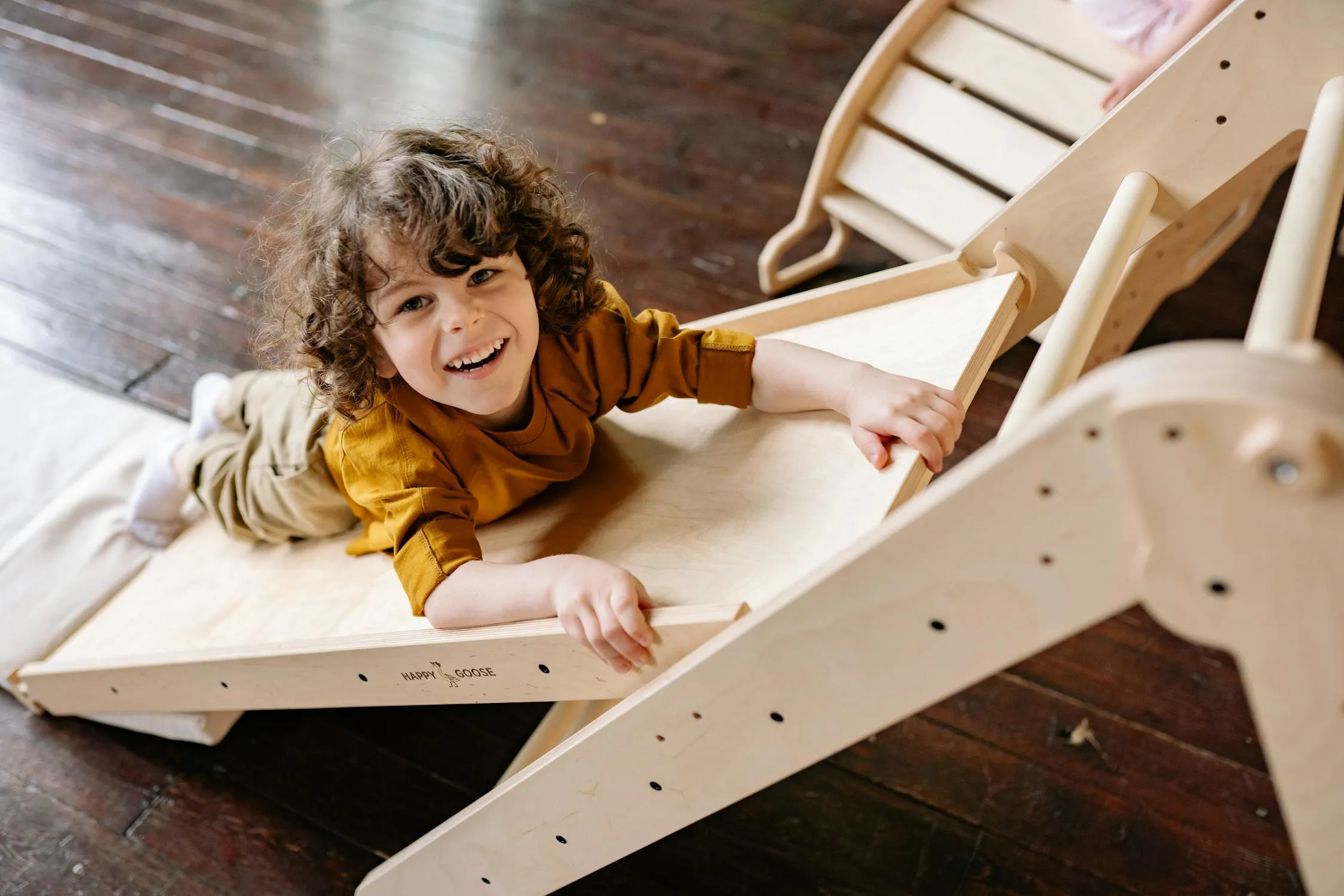 Yan Krukau on Pexels
Yan Krukau on Pexels
Children should learn to be assertive and defend themselves against what others say. They should learn to make decisions they are comfortable with, knowing that they align with their beliefs.
12. Believing in Themselves
 Marta Wave on Pexels
Marta Wave on Pexels
Self-worth empowers children to engage in new activities without the fear of failing. They’re even more likely to be successful when they believe they can.
13. Being Grateful
 Towfiqu barbhuiya on Pexels
Towfiqu barbhuiya on Pexels
Gratitude is part of teaching children the good things they receive. Words like “thank you” make them feel more connected and optimistic about the world.
14. Accepting “No”
 Cottonbro Studio on Pexels
Cottonbro Studio on Pexels
It’s equally essential for them to understand that they will not always have all their desires satisfied. Children learn to deal when told ‘no,’ which helps them know limits and cope.
15. Coping with Changes
 Olia Danilevich on Pexels
Olia Danilevich on Pexels
Adapting to change is not easy, but changes also teach them that not everything is permanent. Coping with life changes brings them flexibility and reduces stress levels.
16. Managing Stress
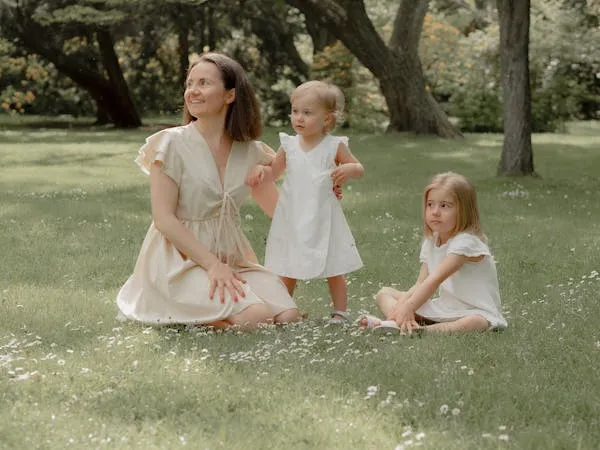 Pelageia Zelenina on Pexels
Pelageia Zelenina on Pexels
Taking deep breaths and appreciating nature can help a great deal. When they learn to manage stress their way, they feel calmer and more in control.
17. Solving Problems
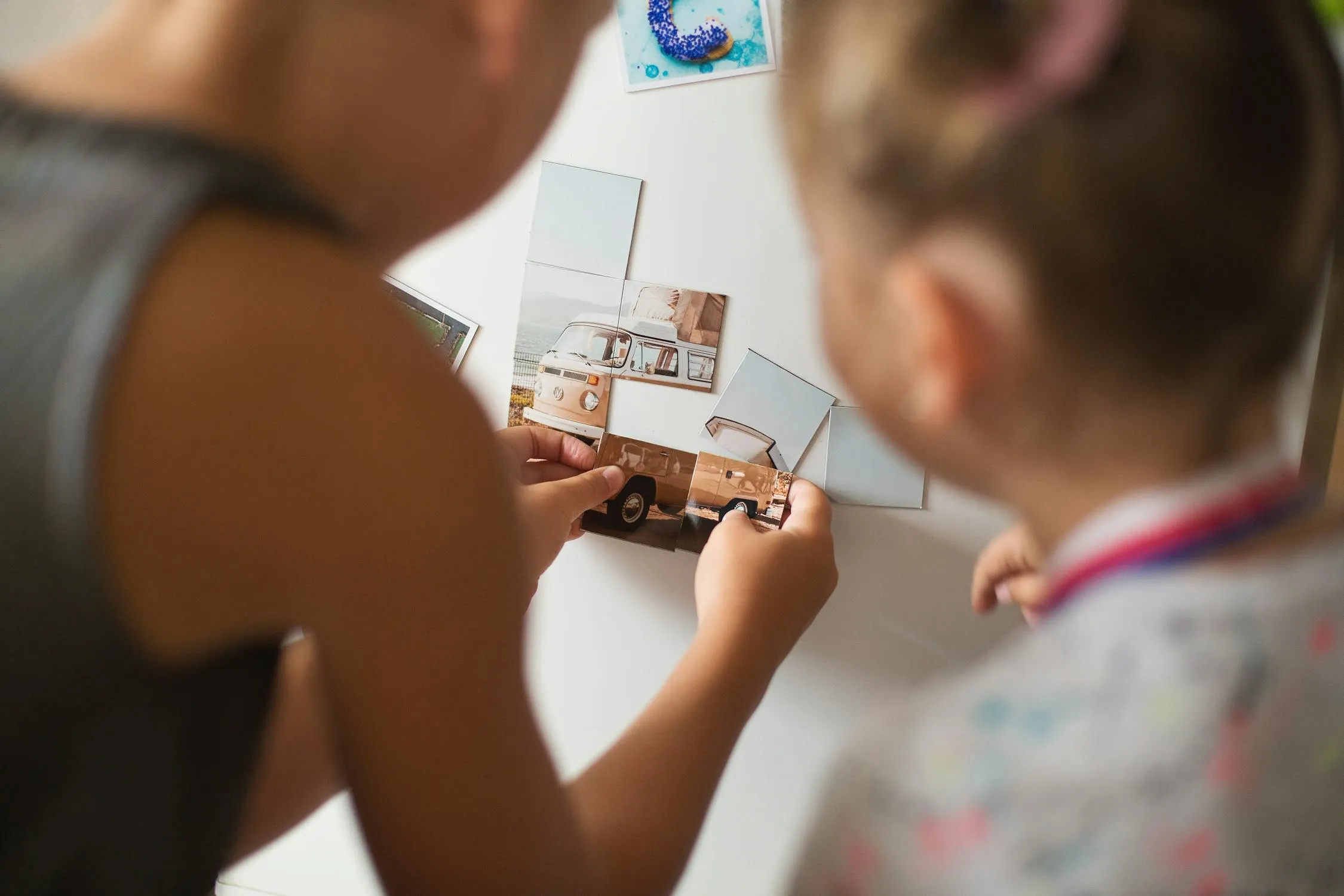 Squared one on Pexels
Squared one on Pexels
Kids who are given a chance to engage in problem-solving help them feel capable. It encourages them to look for answers instead of feeling stuck.
18. Dealing with Fear
 Yan Krukau on Pexels
Yan Krukau on Pexels
Facing their fears teaches them to be brave. Their small steps, like trying a new instrument, gave them the courage to do bigger things.
19. Building Trust
 Alexander Dummer on Pexels
Alexander Dummer on Pexels
Trusting each other is the starting point in building healthy relationships. Being honest and reliable shows others that they can count on them.
20. Staying Positive
 Johannes Plenio on Pexels
Johannes Plenio on Pexels
Optimism allows children to see the good in themselves and the world. Even if things get hard, staying hopeful makes life easy.